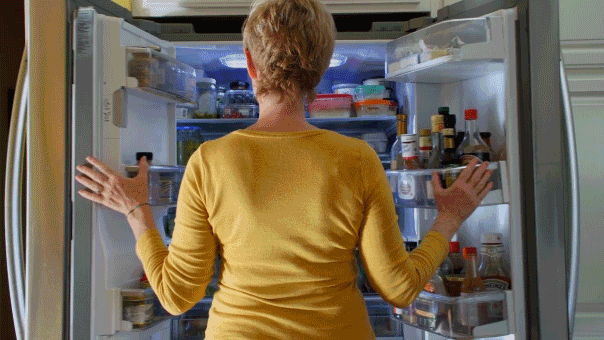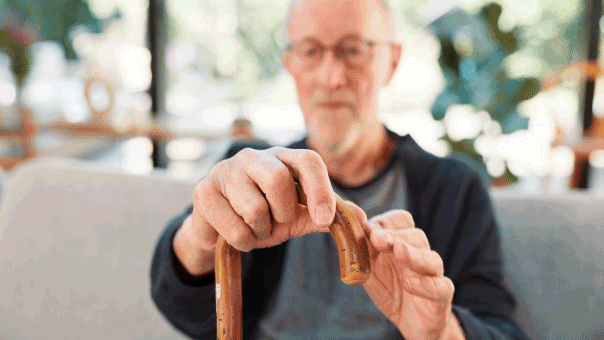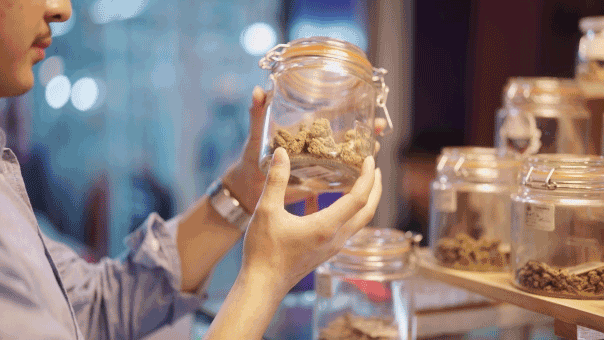With more and more women starting families later in life, and the use of fertility treatments becoming more common, the rate of multiples has risen in the last 20 years. As these pregnancies become more commonplace, doctors, parents, and educators continue to learn more about the health and development of these children.
I had the unique experience of babysitting male triplets from the time they were 5 years old. They are now 16, and still a part of my life - though I no longer have the task of supervising them. As they grow into young men, they continue to teach me the joys - and stresses - of raising multiples. In addition, I have two friends who had the pleasure of giving birth to triplets. Using my interaction with all three families as a source for inspiration, the tired and proud parents and I created these tips for parents of multiples.
Establish routines. This is your number one stress-minimizing strategy, and should remain a priority throughout your multiples' lives. Establishing a routine means you must be prepared. This comes in many forms: Having clothing, bottles and diapers always available is a necessity. Establishing feeding, bedtime and daily routines creates a sense of structure and security for your children, as well as allowing you time to get things done around the house. Without structure, you will quickly feel you are either bathing or feeding your children 24 hours a day.
Ask a friend or family member to document important events.When you are caring for multiples, your main concern is the children's primary needs such as food, clothing and sleep. You are less likely to worry about taking pictures of them coming home and documenting all the important "firsts" that parents like to record. Asking a close friend or family member to keep baby books or photo albums will help take the stress off you to organize those cherished memories. When asked if she thought this was a good tip, one mother of multiples said "I wish I thought of that! I barely have any pictures of their early years!"
Bond with each of your children.This may be tricky, considering you are still working on establishing a routine. Use feeding and bath time as a good opportunity to connect with your children individually. They will no doubt feel a close connection to each other as multiples, but establishing individuality and unique bonds with you and your spouse is equally as important.
Take care of yourself.A recent study in the April issue of Pediatricsshowed that women who give birth to multiples are 43 percent more likely to suffer from postpartum depression than women who give birth to a single child. Talk with your spouse about how you can both stay healthy before and after the babies are born. A friend of mine who has 16-year-old triplets says a woman stopped her in the hallway at her last doctor's visit before the boys were born. She said "Always feed yourself first." She went on to explain this meant physically, emotionally and spiritually. "Feeding" yourself is necessary in order to provide for the other members of your family.
Ask for help. It may mean asking for help establishing breastfeeding routines in the early days or asking family members or friends to help with rides to soccer practice when they are eight. You are going to need help with multiples! Do not be ashamed to say you need a helping hand - your family and friends will most likely understand and be willing to switch your laundry, drop off a meal or listen to your concerns in order to be there for you and your children.
Preparing for and raising multiples is a unique experience, one that only another parent of multiples can truly understand. Look online for local support groups to find guidance from those who have been through this experience before or are living it now. These parents may be able to tell you where the best playgrounds for multiples are in your area. (As one parent of multiple describes: The best playgrounds for multiples are ones that are completely fenced in!) You may establish close friendships with other parents that last a lifetime!
Finding a babysitter or caregiver for multiples can be challenging. If you don't have family or friends that can help out, you will need to look for someone who is energetic and organized - the two main features of a successful caregiver to multiples. This is also where a support group comes in handy - references are a must!
Your pediatrician or neonatal specialist will be an important source of information and guidance for you. Multiples may have specific health care needs that singletons don't. Make a list of questions prior to appointments so you don't forget what you wanted to ask. You may need to bring along an extra friend or family member to document the doctor's responses, as you will surely have a lot on your plate, and may not be able to remember everything he or she says.
But the most important thing to remember when raising multiples: You are multiply blessed!
Jennifer Cerbasi teaches at a public school for children on the autism spectrum in New Jersey. As a coordinator of Applied Behavioral Analysis programs in the home, she works with parents to create and implement behavioral plans for their children in an environment that fosters both academic and social growth. In addition to her work both in the classroom and at home, she is also a member of the National Association of Special Education Teachers and the Association for Supervision and Curriculum Development.








































